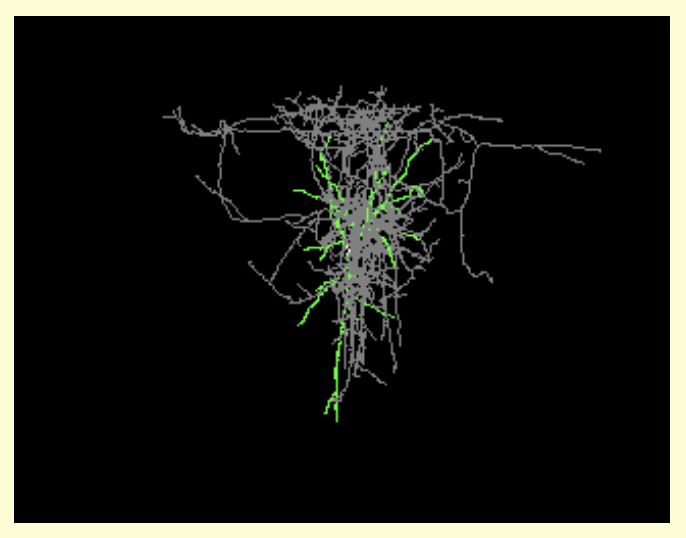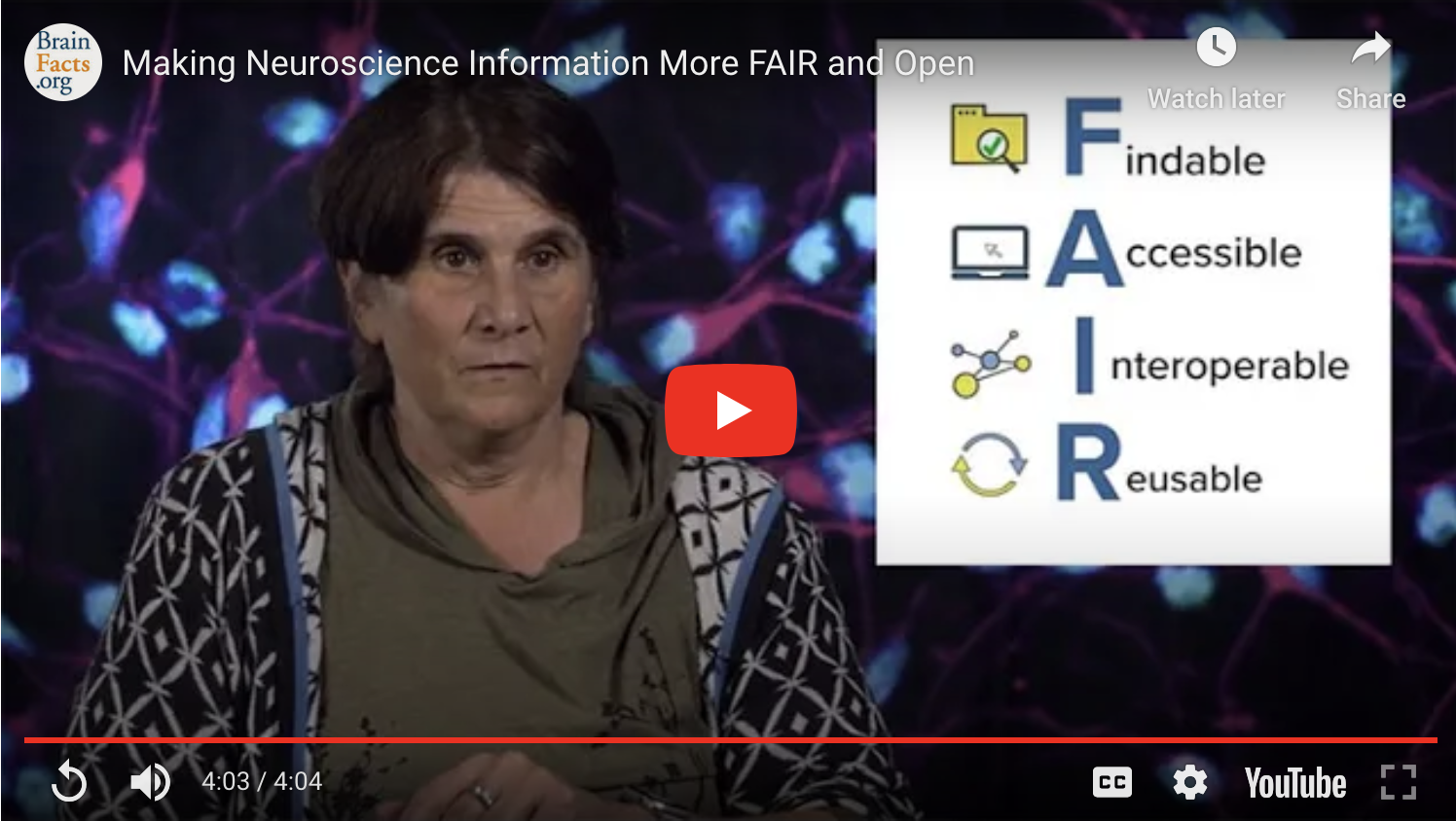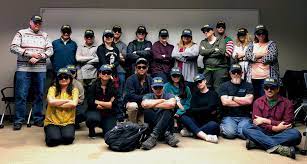Active Fluctuations of the Nuclear Envelope Shape the Transcriptional Dynamics in Oocytes.
Nucleus position in cells can act as a developmental cue. Mammalian oocytes position their nucleus centrally using an F-actin-mediated pressure gradient. The biological significance of nucleus centering in mammalian oocytes being unknown, we sought to assess the F-actin pressure gradient effect on the nucleus. We addressed this using a dedicated computational 3D imaging approach, biophysical analyses, and a nucleus repositioning assay in mouse oocytes mutant for cytoplasmic F-actin. We found that the cytoplasmic activity, in charge of nucleus centering, shaped the nucleus while promoting nuclear envelope fluctuations and chromatin motion. Off-centered nuclei in F-actin mutant oocytes were misshaped with immobile chromatin and modulated gene expression. Restoration of F-actin in mutant oocytes rescued nucleus architecture fully and gene expression partially. Thus, the F-actin-mediated pressure gradient also modulates nucleus dynamics in oocytes. Moreover, this study supports a mechano-transduction model whereby cytoplasmic microfilaments could modulate oocyte transcriptome, essential for subsequent embryo development.
Pubmed ID: 31607652 RIS Download
Research resources used in this publication
None foundAdditional research tools detected in this publication
Antibodies used in this publication
Associated grants
NonePublication data is provided by the National Library of Medicine ® and PubMed ®. Data is retrieved from PubMed ® on a weekly schedule. For terms and conditions see the National Library of Medicine Terms and Conditions.
This is a list of tools and resources that we have found mentioned in this publication.
Fiji (tool)
RRID:SCR_002285
Software package as distribution of ImageJ and ImageJ2 together with Java, Java3D and plugins organized into coherent menu structure. Used to assist research in life sciences.
View all literature mentionsGene Ontology (tool)
RRID:SCR_002811
Computable knowledge regarding functions of genes and gene products. GO resources include biomedical ontologies that cover molecular domains of all life forms as well as extensive compilations of gene product annotations to these ontologies that provide largely species-neutral, comprehensive statements about what gene products do. Used to standardize representation of gene and gene product attributes across species and databases.
View all literature mentionsGalaxy (tool)
RRID:SCR_006281
Open, web-based platform providing bioinformatics tools and services for data intensive genomic research. Platform may be used as a service or installed locally to perform, reproduce, and share complete analyses. Galaxy automatically tracks and manages data provenance and provides support for capturing the context and intent of computational methods. Galaxy Community has created Galaxy instances in many different forms and for many different applications including Galaxy servers, cloud services that support Galaxy instances, and virtual machines and containers that can be easily deployed for your own server.The Galaxy team is a part of BX at Penn State, and the Biology and Mathematics and Computer Science departments at Emory University.Training Infrastructure as a Service (TIaaS) is a service offered by some UseGalaxy servers to specifically support training use cases.
View all literature mentionsMouse Genome Informatics (MGI) (tool)
RRID:SCR_006460
International database for laboratory mouse. Data offered by The Jackson Laboratory includes information on integrated genetic, genomic, and biological data. MGI creates and maintains integrated representation of mouse genetic, genomic, expression, and phenotype data and develops reference data set and consensus data views, synthesizes comparative genomic data between mouse and other mammals, maintains set of links and collaborations with other bioinformatics resources, develops and supports analysis and data submission tools, and provides technical support for database users. Projects contributing to this resource are: Mouse Genome Database (MGD) Project, Gene Expression Database (GXD) Project, Mouse Tumor Biology (MTB) Database Project, Gene Ontology (GO) Project at MGI, and MouseCyc Project at MGI.
View all literature mentionsRecombinant Anti-Lamin A + Lamin C antibody [EP4520-16] (antibody)
RRID:AB_2813767
This recombinant targets Lamin A + Lamin C
View all literature mentions




